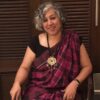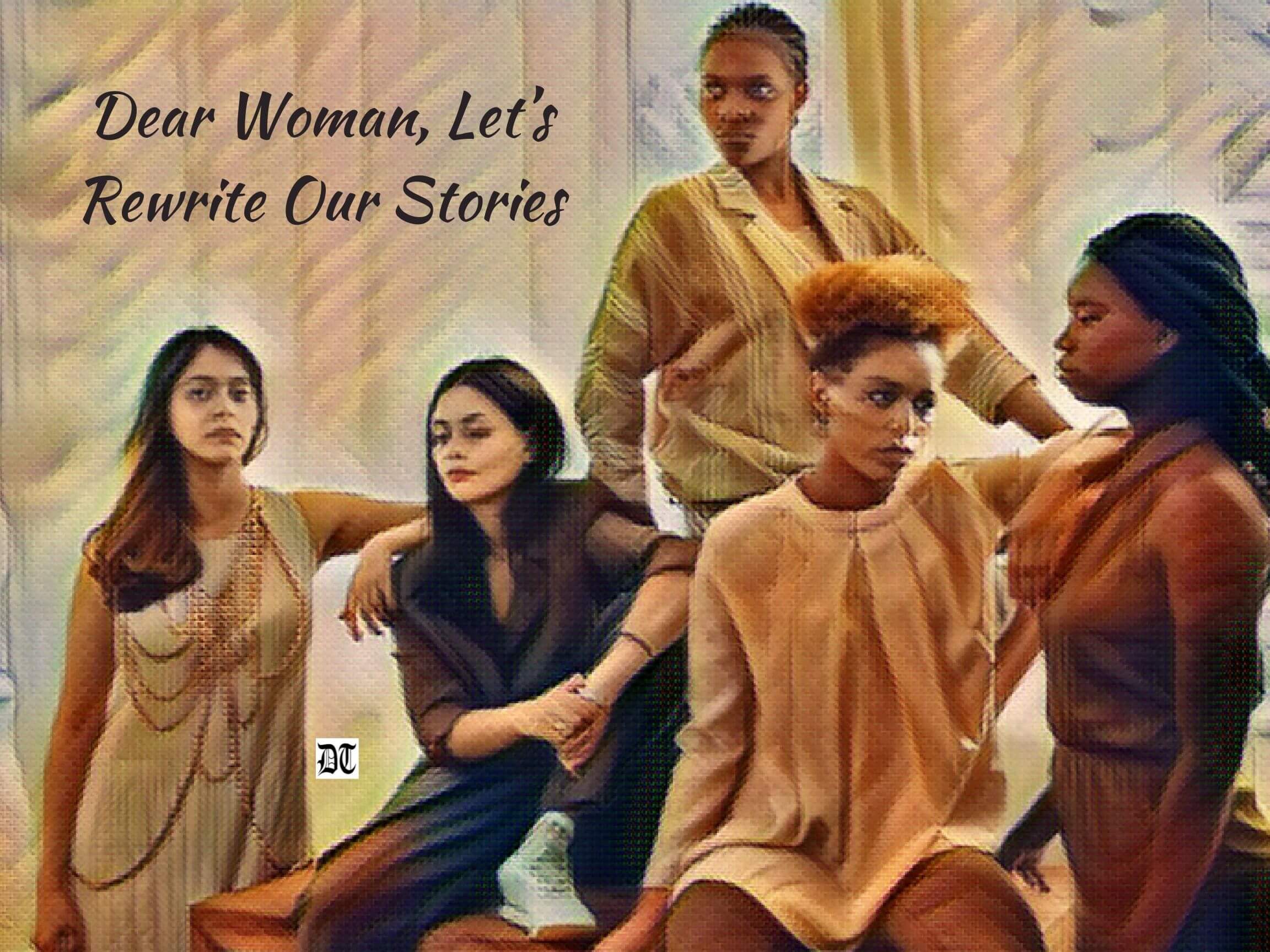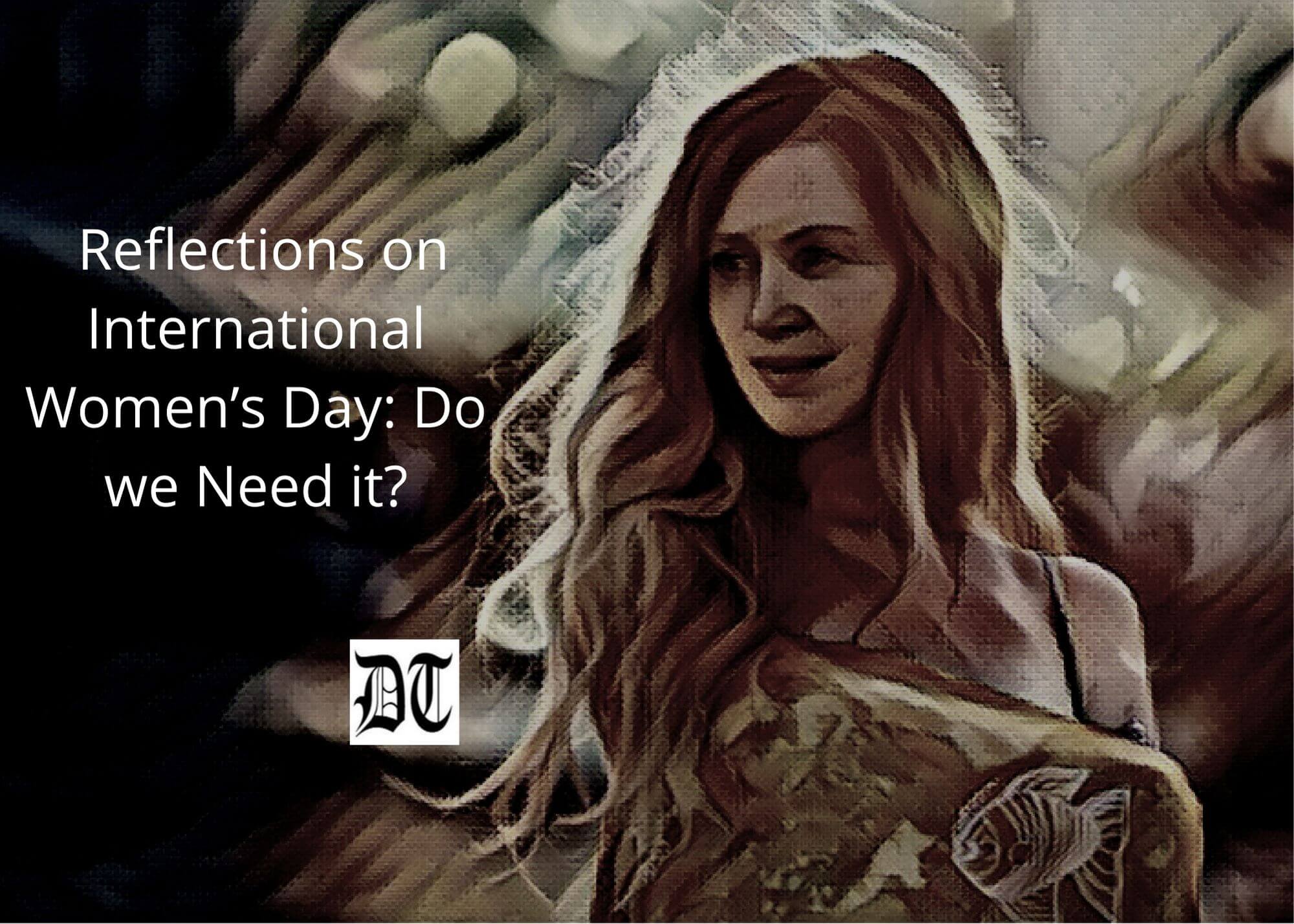Elders have given us their all, every iota of their love and care. What do we give them in return, isolation, neglect and social ostracisation. Here’s a curtain raiser of the special feature in Different Truths on World Elder Abuse Awareness Day (WEAAD).
In keeping with the avowed mission of Different Truths to sensitise the masses about social responsibilities, we present to you a special feature on World Elder Abuse Awareness Day (WEAAD). It is emerging as the only media advocacy platform in the worldwide web.
The growth of urbanisation, coupled with faster modes of transportation and communications, has given us very efficient systems, including smart cities. But, let us pause and ponder. Have we created a monster, a Frankenstein world that is ready to swallow our very existence; our humane values; our deep feelings for each other? Have we sold our souls a la Dr Faustus?
Are we nothing but products of our blundering egos? It seems we have forgotten that grandparents make our lives Grand! They help us remain anchored and rooted in our traditions, while we may soar high and bloom beautifully.
Background of WEAAD
World Elder Abuse Awareness Day (WEAAD) was developed and launched on June 15, 2006 by the International Network for the Prevention of Elder Abuse (INPEA).
WEAAD involves activities to bring greater recognition of mistreatment of older adults wherever they live throughout the world, and to highlight the need for appropriate action. It is intended to give abuse and neglect of older adults a global relevance that will sustain and move prevention efforts forward throughout the year and for years to come.
WEAAD involves national and international activities developed by countries, communities, neighbourhoods and organisations collaborating in multigenerational and multidisciplinary initiatives.
It can encompass volunteer and educational programs, cultural and art events, as well as diverse use of information technology, all aiming to create a better understanding of what elder abuse is and how it can be prevented.
It’s a global problem, which is becoming fearsome with every passing minute.
Special Feature in Different Truths
The lead story, Elder Abuse: A Hidden, Harsh Reality, by Dr. Archana Kaushik, Associate Professor, Department of Social Work, University of Delhi, examines the deep-rooted problem and suggests the way out in this in-depth report. There are an estimated 100 million older people in India and as per the estimates of Helpage India report, 30 million are being abused. It is estimated that hundreds of cases of senicide occur each year. She points out that despite legislations, this evil is rampant in our society.
Old age homes have been addressed by two authors.
Beginning with a personal journey into the world of Vriddhashram (old age homes), Arindam Roy cites few case studies from the two temple towns of Vrindavan and Varanasi that houses 44,000 widows. The scriptures have been misinterpreted and misrepresented for some vested interests. The society has allowed the perpetuation of the isolation of widows for its own gains. The second lead addresses these issues in the in-depth expose, Are Gods Deaf to the Wails of Widows?
Madhumita Ghosh talks of two inmates of an old age home, Sunanda and Manjula. While Sunanda made a voluntary decision and reasoned with her children, Manjula was cast away. The author weaves an interesting short story, based on real life incident, in The Haven.
Kolkata based writer and journalist, Saheli Mitra, tells us that success has its price. An ailing old mother, staying by herself in a large house in Kolkata, writes a soulful letter to her successful and busy children, settled far way, in distant America. Does physical distance create emotional distances too? Is it a case of out-of- sight-out- of-mind? She pens an open letter from a mother to her children revealing the agonies of a person forlorn and forsaken in the homeland. She awaits her sunset (read death). This heart-wrenching account, Open Letter from an Ailing Mother to her Children in the US, is unputdownable.
I wish to close this curtain raiser with a Hindi poem, with English subtitles. It cautions us that what goes around, comes around!
Let’s extend our hand at the elders. They looked after us. It’s our turn to give them back a little. No children has ever been able to repay what their parents and grandparents did for them.
©Arindam Roy
Pix from Net.





 By
By
 By
By
 By
By